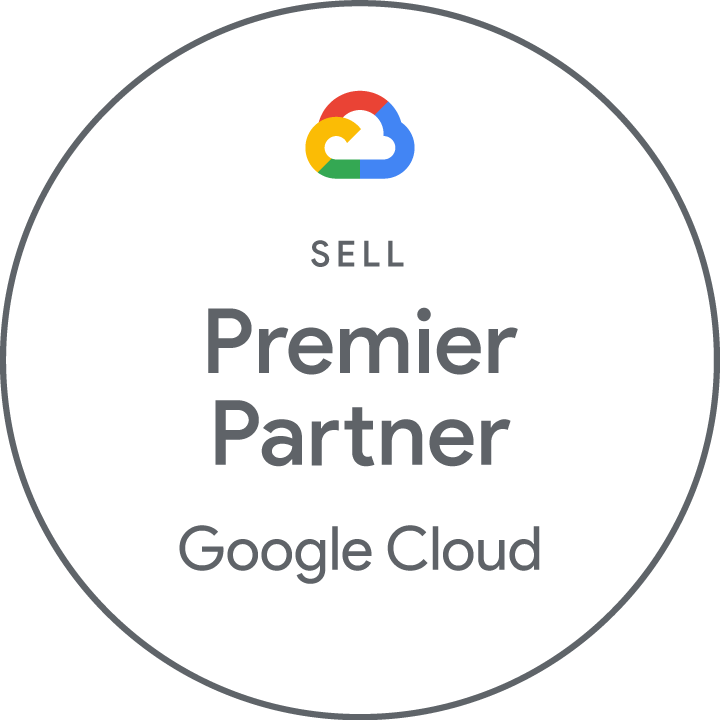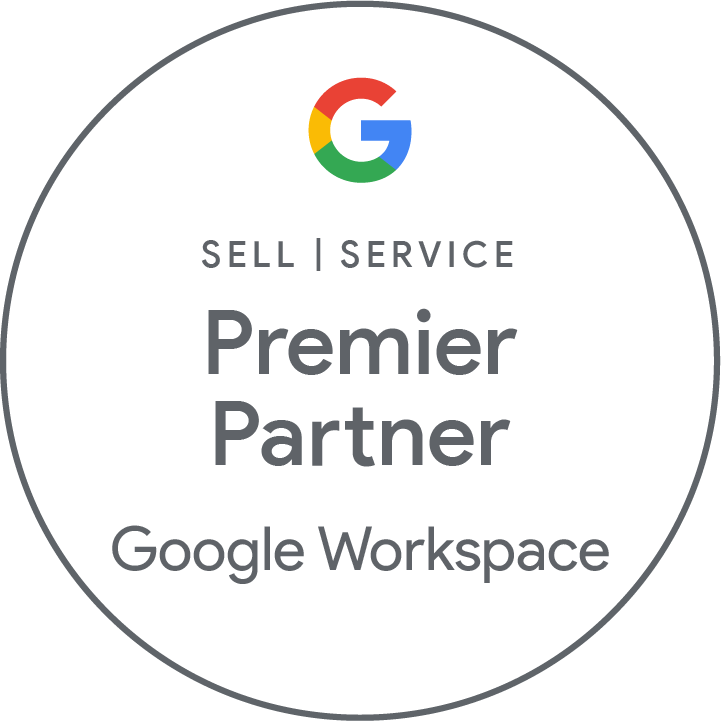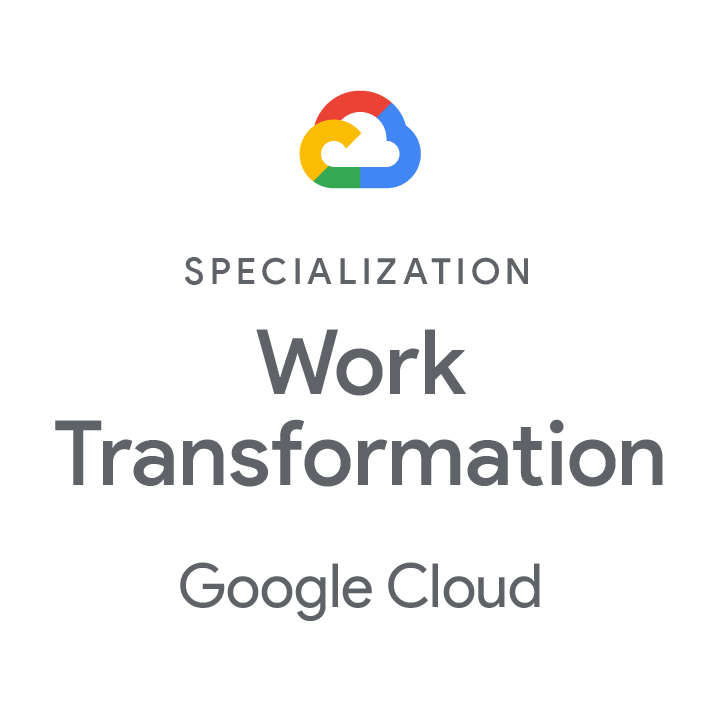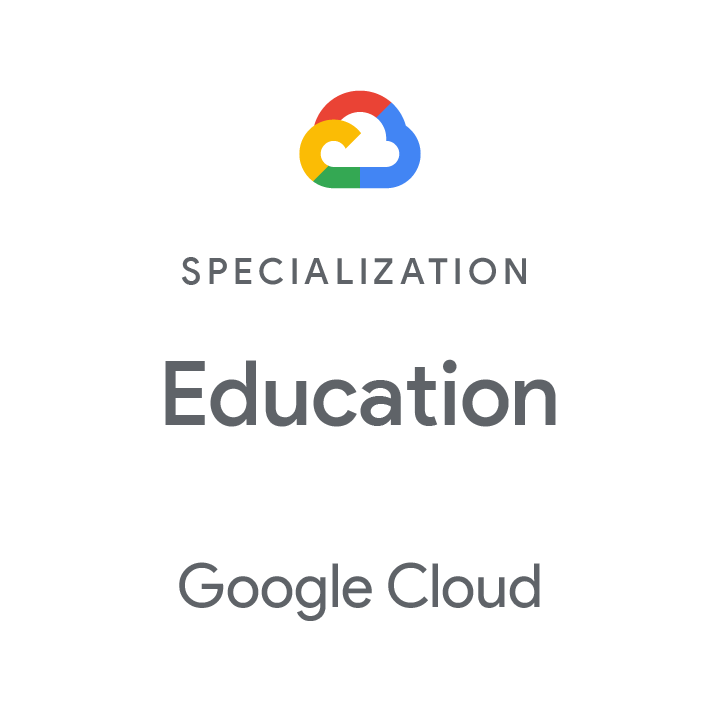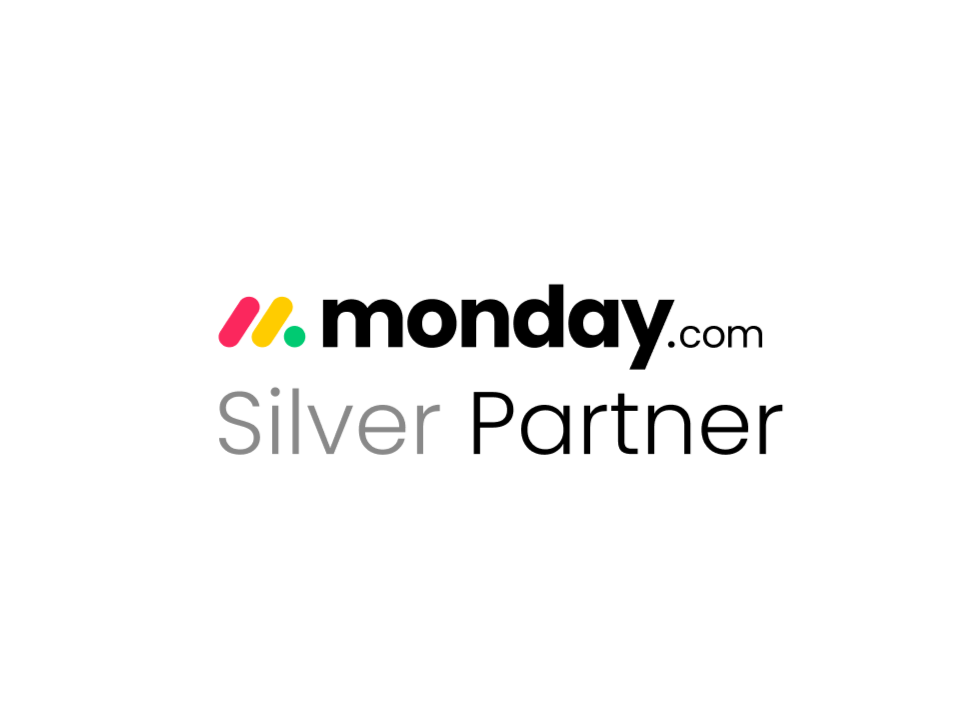Cloud, in a nutshell, is the delivery of computing as a service. Shared resources, software and information are provided to devices by means of the internet. It allows on-demand, scalable pools of resources connected by networks. These resources allow access to infrastructure, apps, data and storage, all with the opportunity for rapid scaling and deployment.
So, what does this mean for your business? Why can’t you just click and go, and how do you know what to go with?
Let’s have a look at what’s on offer so that you can make an educated decision about your organization.
Public, Private and Hybrid
Firstly, there is the difference between public, private and hybrid cloud.
Public Cloud
This option is aimed at individuals and organizations that don’t need high levels of security, systems integration or data privacy. They are usually user paid and cost a lot less than private cloud. One example of public cloud is Dropbox. With public cloud, all users share the same infrastructure.
Private Clouds
These are built specifically for an organization and can be on-site or external. On-site means that the resources are hosted within the organization’s data centre. External means that they are provided by an external provider. Private cloud is great because it provides technology as a virtual service. It gives you control over advanced security, where your data and information are held and the ability to make sure privacy regulations are upheld. The cost is significantly greater for the organization, so they are not as readily available. Private clouds are also less scalable than public ones.
Hybrid Clouds
These are a combination of public and private and are becoming more and more popular. With this type of cloud, the organization can use a third party completely or partially, depending on their specific needs. You may want to enhance a private cloud while making use of the resources of a public cloud. This would help you manage temporary spikes in load, without needing to invest a large sum for a purely private cloud.
Basically, hybrid is the best of both worlds. An organization can store sensitive data and information in a private cloud for security and compliance while making use of the scalability of the public cloud for the adaptable load. Though this option certainly seems to have it all, it does need quite an intense level of dedication. It can be complex implementing a hybrid cloud model because it takes requirement gathering, a skilful set-up and ongoing management, all of which come at a cost.
Which Cloud option should you go with?
So, how do you know which option would best suit your business? Here are 3 points to remember:
- Keep in mind that whichever option you choose will mean added complexity needed for your support. However, you will be gaining a substantially more efficient way to access and make use of your data and information.
- Before you make a decision, be sure to understand your service level requirements and communicate these with your service providers.
- When doing testing, take into account the fact that private and public clouds have different environments. Your testing should also reflect non-functional requirements like configuration, storage, latency and disaster recovery.
Conclusion:
The cloud is here to make your life, and the workings of your business, run more smoothly, at a fraction of the cost. Be clear on what your needs are, and see which option can best help you meet them.
Ready to make the shift to cloud but not quite sure where to begin? Why not set up a call with one of our expert consultants to discuss your needs? Simply click here!






